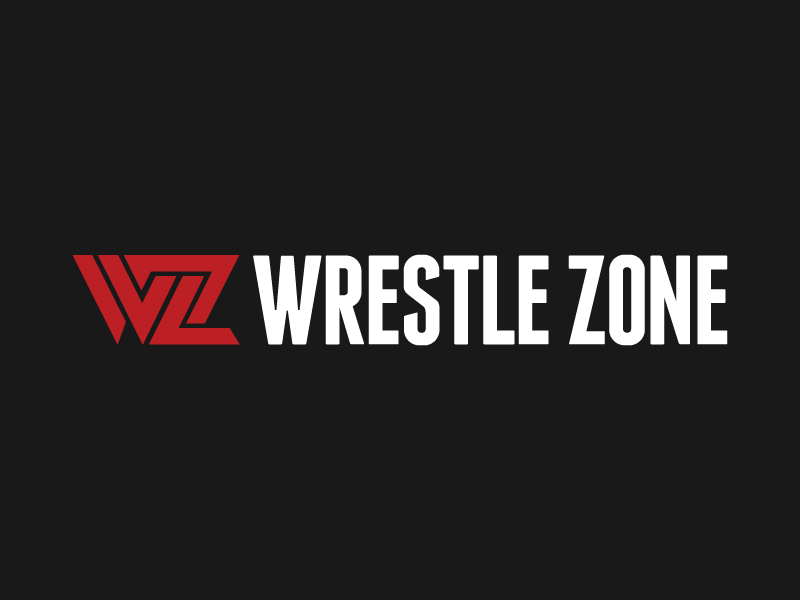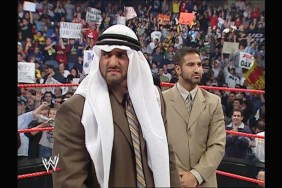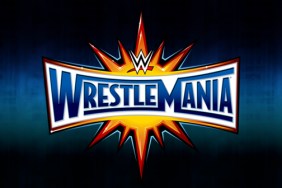Hello everybody, and welcome to another edition of Reading Between The Ropes. Much has been made recently of the controversial storylines that the WWE have been producing for their television shows. The finger of blame has been pointed in more than one direction, with some fans blaming World Wrestling Entertainment, and others choosing to blame the television stations for failing to regulate the shows they have been sent to air.
From the uproar this has caused with television companies and the media, to the debate that has ensued within the IWC, you could be forgiven for thinking that controversial angles are something new to the wrestling world. Anyone with any shred of knowledge of the past, however, would be able to tell you that this is, of course, not the case.
One cannot argue that controversies such as the angle and character of Muhammed Hassan have been magnified or appear to be more news worthy than previous controversies because of the wonderful invention of the world wide web. In previous times controversial angles would not have an avenue for discussion or a breeding ground for furious fans/parents/whoever to vent their disgust at what was being shown on their television. Not to mention the fact that if a television company were to feel strongly aggrieved by what the wrestling organisation was producing, it would perhaps not be so well documented in an era of very few “wrestling journalists”, wrestling magazines, and a distinct absence of the Internet and wrestling websites.
Yet it is hard to deny that the media have been most scathing of this latest controversy than any of the previous ones that they could so easily have sunk their teeth (or pens/keyboards) in to. The fact that this incident comes so soon after such tragic loss of life would almost certainly be the case for this. Controversial angles such as necrophilia and gay weddings might seem worthy of the media’s scorn, but surely not as much as angles which remind viewers of terrorist attacks? Indeed, that would be the reason.
One might expect me to either defend the WWE and scorn UPN, or scorn the WWE and defend UPN in the words that follow. One would be wrong. Perhaps both deserve some semblance of blame. The UPN appear to be making Hassan a scapegoat for their desire to wash their hands of wrestling programming on their station. And if this were such an emotive issue for UPN, then surely they could have chosen not to air it. They had the warning from the WWE. The “we didn’t have time” argument does not wash with me, nor should it wash with anyone else. ANYTHING – other than something deemed more “tasteless” – could have been aired in its place. Then, on the other hand, we have the WWE to blame. Not the entire organisation, but the writers. Yes, the people PAID to come up with these angles. Foresight should have told them that running this entire angle could have ruffled a few feathers, even if the London bombings had not taken place.
I do not want to say any more on an issue which has been done to death by many a writer. What needs to be pointed out is the fact that controversy and wrestling has never been far apart. The Muhammad Hassan controversy is merely the latest in a long line of controversial segments or storylines which someone… somewhere, thought would be to the benefit of the company. Whether they were or weren’t is up to you. Whether they were tasteless, or merely a reflection of the times is, again, your decision. I would, merely, like to be the one to remind you.
While studying Russian history I became aware that the tag team of the Bolsheviks was not merely a muscley, macho sounding name that some WWF writer decided to give Nikolai Volkoff and Boris Zukhov. Nope. When the Social Democratic Labour Party of Russia was divided following a debate over the ability to form socialist political parties in a Tsarist Russia, Vladimir Lenin and Julius Martov formed their own parties. Followers of Martov were known as the Mensheviks, while followers of Lenin were known as, yes, you guessed it, the Bolsheviks.
Since Martov actually won the initial vote over the debate, one has to wonder why on earth he embraced the name Mensheviks since, roughly translated, it meant minority. Bolsheviks, however, meant many. Bearing in mind that Lenin actually had a MINORITY of votes, one doesn’t have to scratch the surface of Russian history too hard to begin to realise just how the Bolsheviks seized power instead of the Mensheviks.
But that’s by the by. Volkoff and Zukhov would sing the Soviet national anthem before matches. Following the end of communism they still wore the red colours of communism and carried the Bolshevik name, as if they were the last bastions of communism.
When the Ted DiBiase entered the WWE and was given the Million Dollar Man gimmick, he was also assigned a bodyguard. While the name Virgil was an industry in-joke at then WCW head booker Dusty Rhodes (who’s real name is Virgil Runnels), some might not have found the characters portrayal quite as amusing. DiBiase would tell Virgil that he was merely his “slave”. This might not have been quite as offensive were it not for the fact that Virgil was played by a black man. In one vignette DiBiase sat on a park bench with his bodyguard and cursed the fact that he had stepped in dog mess. This could not happen to the “Million Dollar Man”, so DiBiase demanded Virigl to “clean the crap from my shoes.”
On the subject of slaves, that reminds me of how the original plan for Harlem Heat was for them to be dragged out by the Colonel in trains and rags as a slave team. The plan didn’t come to fruition to the relief of just about any body with half a brain.
The Hassan angle is the only one in recent times that is a poignant reminder of situations that have lead to loss of life. However, this does not mean that in previous times controversial angles have not done the same. Not wanting to miss out on an opportunity to use the war as a reason for further drawing the line between good and evil and eliminating any shade of grey (as was the trend in the past) the WWE decided to run an angle during the Gulf War of 1991 where Sgt. Slaughter suddenly became an Iraqi sympathiser, supporting Sadam Hussein and his reign. God only knows how the media would react if such an angle were run today. I’m sure the IWC would have a field day discussing the topic. I wonder if Slaughter would have been forced of TV by UPN?
All of this, however, pails in comparison to the tasteless nature of WCW’s ridiculous character in the mid 90s known as… brace yourself… The Final Solution. Yes, they actually named a character after the phrase Hitler used to describe the extermination of the Jews. Quite shockingly, WCW received many complaints about the name of the character and his name was eventually changed to The Ultimate Solution, but not before the wrestling world had added another character/gimmick to the list of controversies that now must be quite extensive.
One has to wonder just how today’s audience and today’s media would react to angles like the ones I mentioned above. Those are merely some of them, as there were a fair few more that could easily have been mentioned. Despite wrestling hitting its commercial craze peak in the late 80s and early 90s, I find it interesting how it never shocked or offended the media enough for them to see fit to react to any of those aforementioned controversial angles. Yet, in more recent times it seems that wrestling is an easy target for the media, who are ready to jump on anything that hits a sensitive cord.
Was a Sadam supporter not sensitive enough? Was the promotion of communism being alive and well not tetchy enough? Was a black slave purely entertainment? Surely not. Surely it’s the media and the IWC that have changed the way wrestling and controversy are married together and duly scorned? And if that isn’t the case, then isn’t Muhammad Hassan just another “baddie”?
Controversy and wrestling have always gone hand-in-hand and, most likely, always will, but how the world reacts to a wrestling controversy is a little harder to predict.
Until next time,
Mitchell L. Gadd








